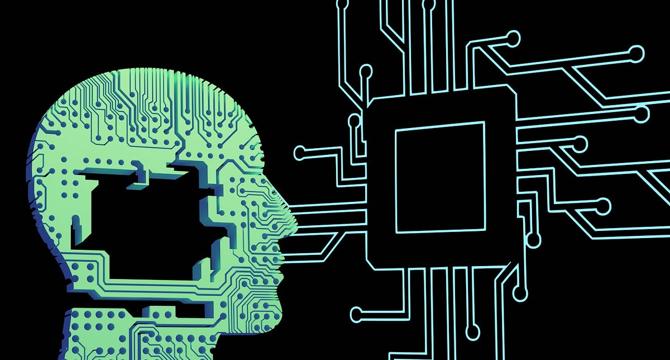Medium
4w
53

Image Credit: Medium
The GPU Programming Revolution Coming in 2026 That Will Make Current ML Engineers Obsolete
- The GPU programming landscape is set to undergo a revolutionary transformation in 2026, rendering current ML engineering approaches obsolete.
- NVIDIA's CUDA, which has long dominated GPU computing, is facing challenges as alternative platforms offering cost-effective solutions gain traction.
- The shift in ML engineering is not just about hardware but about abstraction, with compiler stacks and hardware-agnostic programming models taking center stage.
- Technologies like OpenAI's Triton and PyTorch's compilation stack are paving the way for a future where manual optimization by engineers will be automated.
- Hardware architecture is also evolving, with disaggregated GPU designs and compute-in-memory architectures reshaping the programming landscape.
- Machine learning engineers will witness a dramatic transformation in their roles, necessitating a focus on algorithmic understanding rather than hardware specifics.
- By 2026, ML engineers will work with a diverse set of specialized accelerators, prompting the emergence of unified programming approaches for managing the hardware diversity.
- The democratization of GPU programming will lower the barrier to entry for ML engineers, emphasizing the importance of algorithmic expertise over hardware-specific knowledge.
- To thrive in the evolving landscape, ML engineers are advised to focus on algorithm mastery, understanding compilers, and diversifying their platform knowledge.
- The impending GPU programming revolution should be embraced as an opportunity for growth and innovation rather than feared as a disruptor of existing roles.
Read Full Article
3 Likes
For uninterrupted reading, download the app